I received compensation from Alcon for the below post, but all opinions expressed here are mine.
Glasses and contact lenses have been a part of much of my life. When we moved to California over three years ago, I actually had to give up wearing contact lenses as I began to suffer from dryness, allergies and itchy eyes – nearly daily. This certainly complicated things as wearing glasses in the kitchen, dealing with the steam of the oven or the dishwasher fogging up the lenses, can complicate things while cooking. Plus, glasses while at the gym or yoga practice, sliding off your sweaty face is also annoying and cumbersome. After some changes to my lifestyle, managing ongoing allergies and getting back to tip top eye health, I am back to wearing contacts again and I am loving my new DAILIES TOTAL1® contact lenses. Daily disposable contact lenses are totally new for me, but I am loving the freedom to enjoy my on-the-go lifestyle without the hassle of glasses and I love that each day, my contact lenses feel fresh and new. If you would like to try them, visit DAILIESChoice.com to learn about the Alcon DAILIES® Choice Mail-In or Online Rebate Offer and how to save up to $200 on a year’s supply of DAILIES TOTAL1® contact lenses!*
Research shows that much like the rest of our bodies, what you eat can also help support eye health as you age. Of course, as always, it is recommended that you eat plenty of fruits and vegetables rich in color, like orange, yellow, red and dark green as these are particularly likely to include the vitamins great for eye health. Foods rich in antioxidants are also known to help protect the eyes from age-related macular degeneration (AMD), which is the leading cause of blindness among older Americans; as well as cataracts and other eye-related conditions. It is documented that people who supplement their diet with Vitamin C, antioxidants, zinc, beta-carotene, and vitamin E experienced about a 25% reduction in risk of developing serious AMD1https://www.macular.org/antioxidant-vitamins-and-zinc-areds.
Include more of these nine foods to protect and boost your vision health:
Dark Leafy Greens
Dark leafy greens are a great source of Lutein & Zeaxanthin – These antioxidants can help maintain healthy eye cells and keep the lens in your eye clear2http://www.myeyes.com/nutrients-for-eye-health.shtml.
Massaged Kale Salad with Sweet Potato Noodles
Spinach Lentil and Sweet Potato Soup
Eggs
Egg yolks (most especially those from pasture-raised chickens) are also rich in Lutein & Zeaxanthin along with healthy fats and proteins plus vitamin A. Vitamin A may also reduce the risk of AMD, along with night blindness and dry eyes. While eggs contain less carotenoids than leafy greens and other vegetables, they are in an ideal, highly absorbable form3https://www.sciencedaily.com/releases/2015/03/150329141005.htm.
Baked Eggs with Asparagus and Lemony Pea Pesto
Zucchini Noodle and Meatball Frittata
Grain-free Savory Breakfast Muffins
Sunflower Seeds
Sunflower seeds are great source of Vitamin E and zinc. Research indicates Vitamin E protects cells in the eyes from unstable molecules called free radicals, which break down healthy tissue4http://www.aoa.org/patients-and-public/caring-for-your-vision/diet-and-nutrition/vitamin-e?sso=y. Zinc works together with vitamin A to produce melanin, a pigment that works to protect the eyes. Though the effects on age-related vision loss due to zinc deficiency isn’t yet known, research has shown that zinc levels in the retina (the part of the eye that sees light) decline in tandem with vision loss and that an increase of zinc in the diet or via supplementation can slow the progression of early stages of AMD5http://www.aoa.org/patients-and-public/caring-for-your-vision/diet-and-nutrition/zinc?sso=y.
Sprouted Super Seed Bars with Puffed Rice and Dark Chocolate
Homemade Sunflower Seed Butter
Carrots
We’ve all heard the old adage that carrots are great for the health of our eyes. This comes from the high levels of Vitamin A. A serving of carrots (one medium carrot or ½ cup chopped) will provide about 210% of the average daily recommended amount of vitamin A. This comes from the beta-carotene that is converted to Vitamin A by the liver. A deficiency in vitamin A can cause a deterioration of the eye’s photoreceptors which can lead to vision problems6http://articles.mercola.com/sites/articles/archive/2013/12/28/carrot-health-benefits.aspx#_edn9.
Charred Carrots with Carrot Top Pesto
Cumin Roasted Carrots with Cilantro Chimichurri
Citrus Fruit
High in vitamin C, this antioxidant that can help to keep chemical reactions in our body in check. Vitamin C has also been shown to reduce the damage to the lens of the eye from cataracts and also protect the retina from macular degeneration. Citrus fruits also contain protective flavonoids7http://www.myeyes.com/vitamins-for-eyes.shtml.
Honey Sweetened Orange Marmalade
Berries
Berries are another great source of Vitamin C, a powerhouse for reducing the risk of developing macular degeneration and cataracts. Many berries also contain the protective antioxidant anthocyanin and red berries are a great source of beta-carotene, both great, eye-friendly nutrients.
Red White and Blue Berry Chia Parfaits
Strawberry Avocado Jalapeno Salsa
Wild Caught Salmon
Salmon is rich in omega-3s, the essentially fatty acid DHA is concentrated in your eye’s retina and provides structure. Studies show that omega-3 fatty acids support healthy tear production and overall macular health8http://www.myeyes.com/omega-3.shtml. It is thought that they do this by promoting healthy blood vessel growth and circulation in the eyes. Wild Caught Salmon is also a great source of vitamin D.
Slow Roasted Salmon with Meyer Lemon Gremolata
Slow Roasted Citrus Fennel King Salmon
Chia Seeds
Chia seeds are a great source of plant based omega 3 essential fatty acids beneficial for healthy tear production, all-around ocular, retinal and macular health and the lens system of the eye. Chia seeds are also rich in phenolic acids another strong antioxidant that protects against the damages caused by free radicals in the body, therefore reducing the risk of oxidative damage of the lens and the retina9http://www.myeyes.com/omega-3.shtml.
Chocolate Chia Seed Superfood Pudding
Blueberry Rosemary Chia Seed Jam
Blueberry Lavender Chia Seed Pudding
Beef and Lamb
Both lamb and beef (from grass-fed sources) are a great source of zinc. Zinc can help protect the retina and lower the risk for developing macular degeneration and cataracts. Zinc deficiency increases your risk for retinal detachment10http://www.ncbi.nlm.nih.gov/pubmed/21824515. Zinc also helps the body absorb vitamin A. Grass fed beef and lamb are also a great source of selenium. Selenium may help protect the lens of the eye and prevent age-related cataracts11http://www.ncbi.nlm.nih.gov/pubmed/23049824. Selenium and zinc might also help protect from glaucoma, a condition associated with increased pressure within the eye, which can lead to optic nerve damage and blindness.
*Offer available to patients who are new to DAILIES TOTAL1® or DAILIES® AquaComfort Plus® lenses. Rebate is in the form of an Alcon VISA® pre-paid card. Additional restrictions apply. At participating retailers only. Visit DAILIESCHOICE.com for full terms and conditions. Offer expires December 31, 2016.
Ask your eye care professional for complete wear, care, and safety information. Rx only.
References
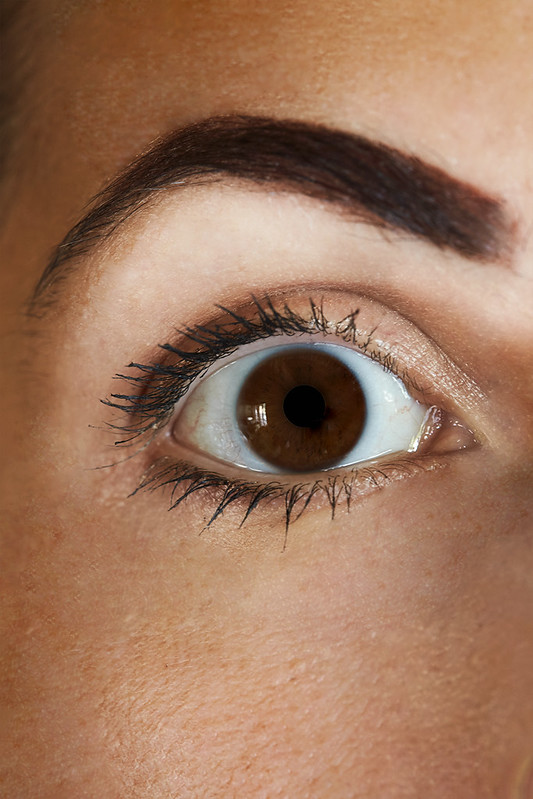
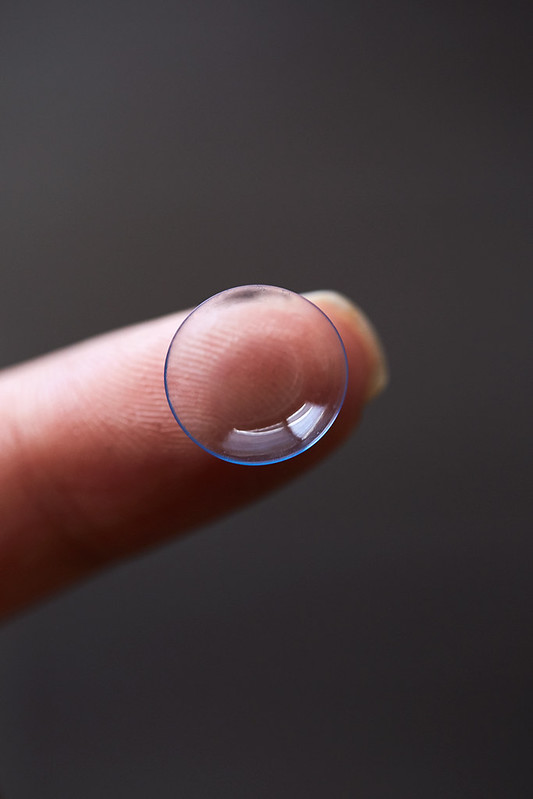
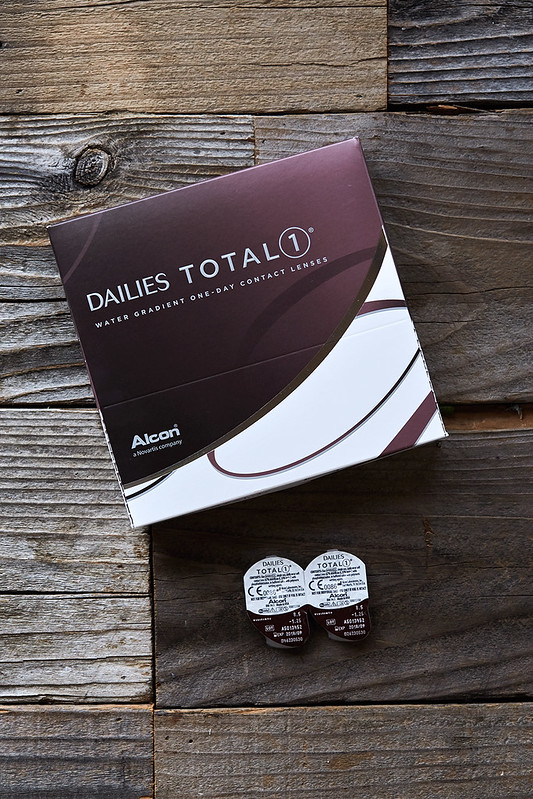
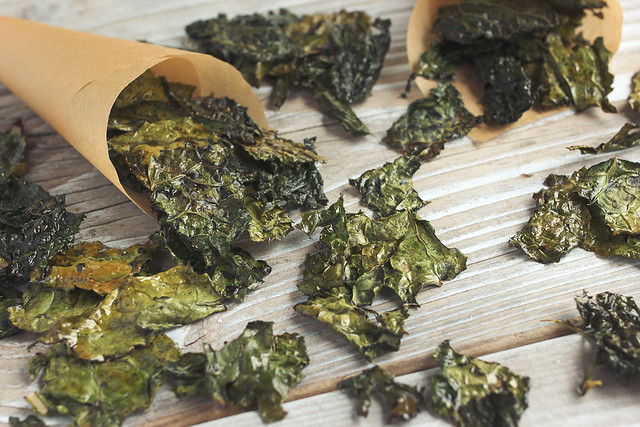
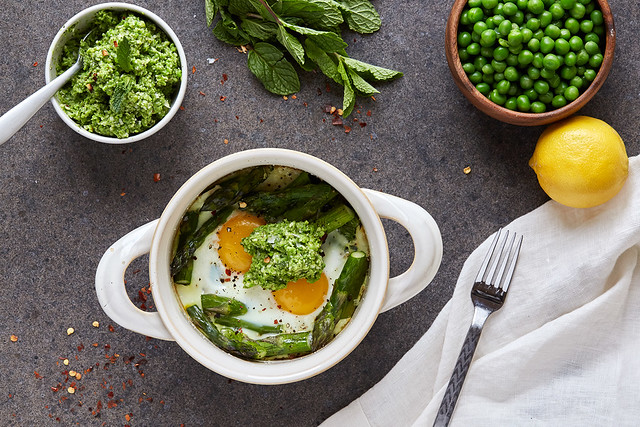
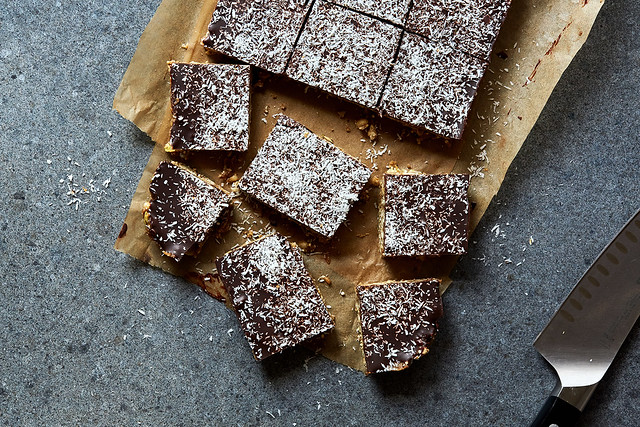
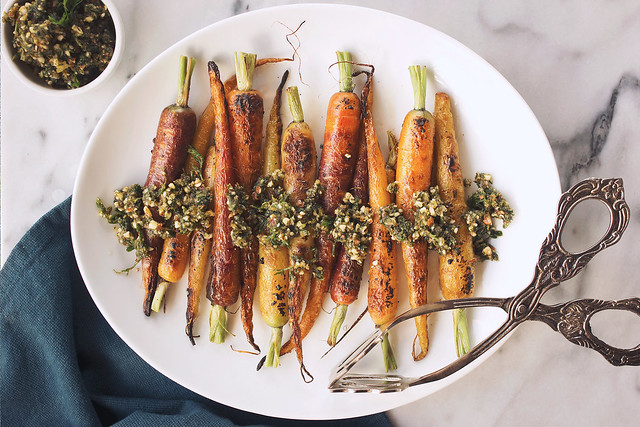
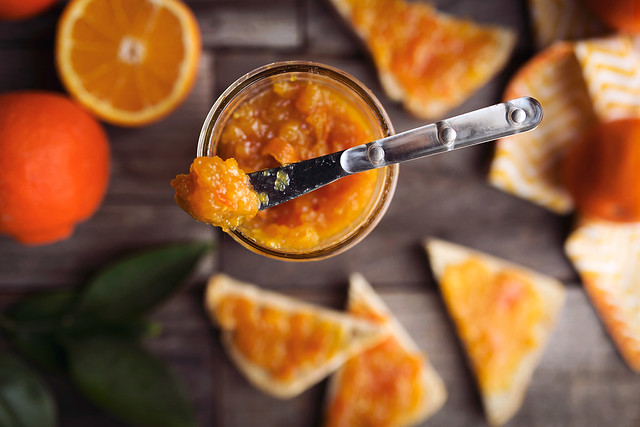
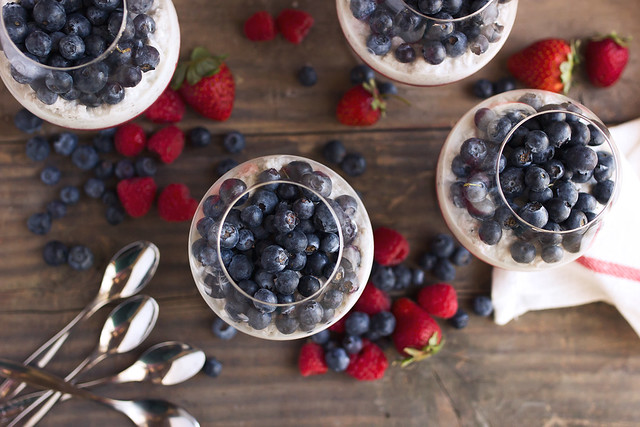
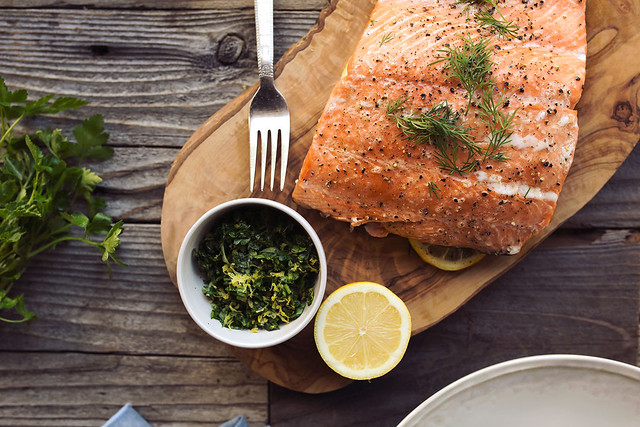
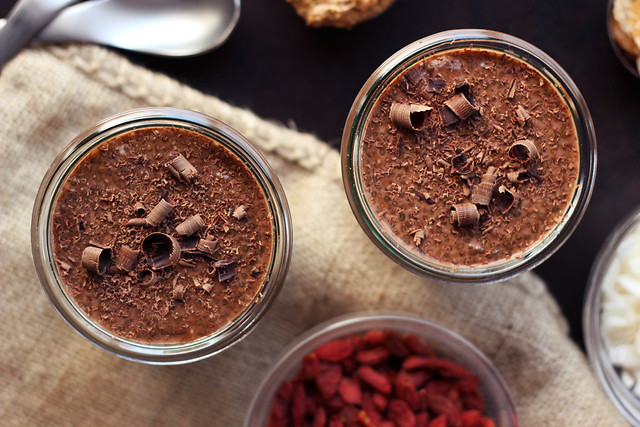
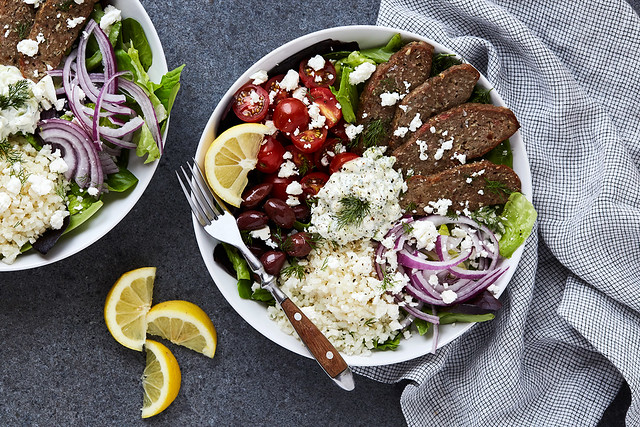

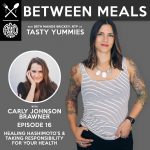
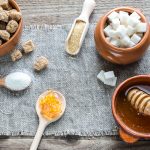
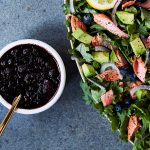
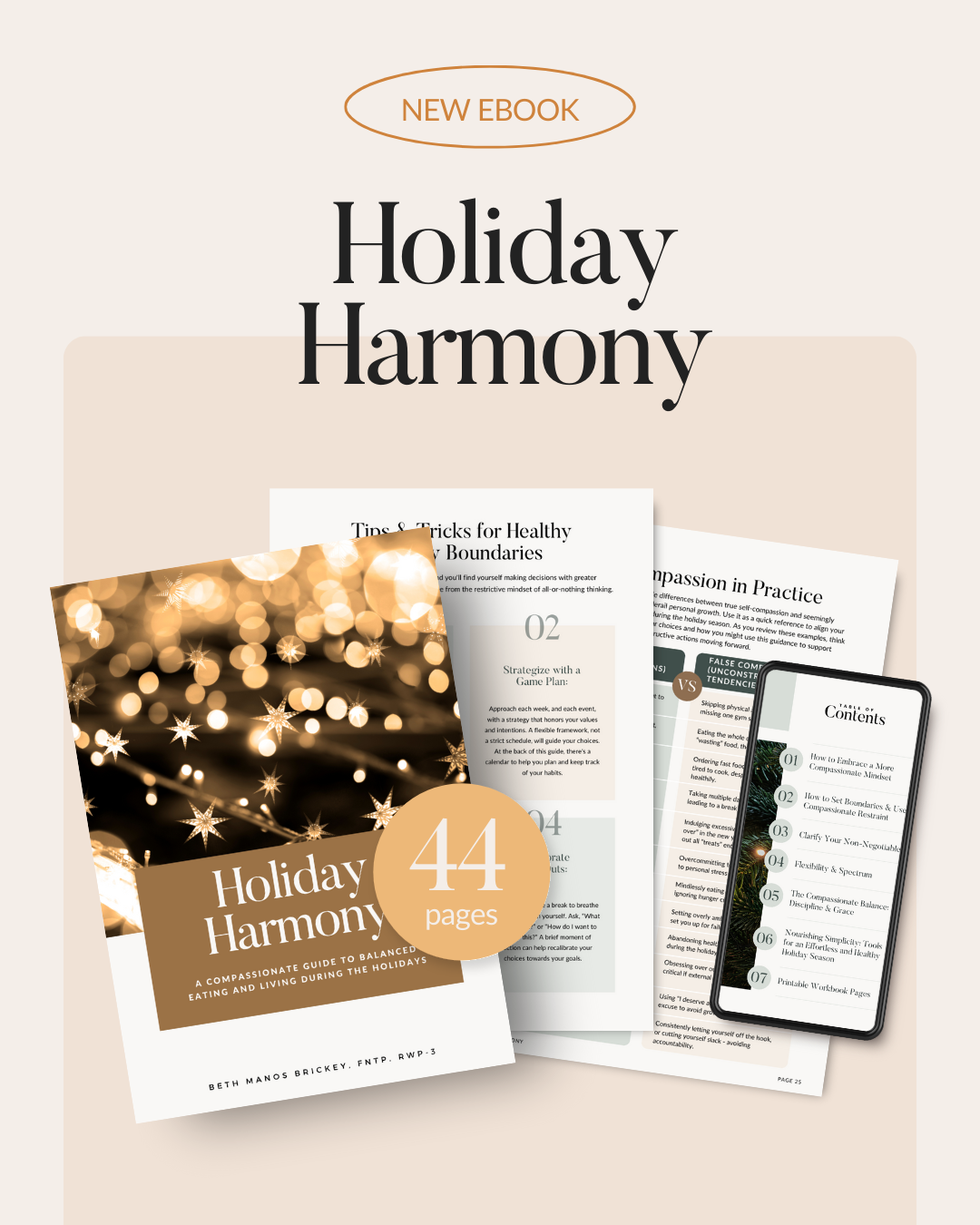
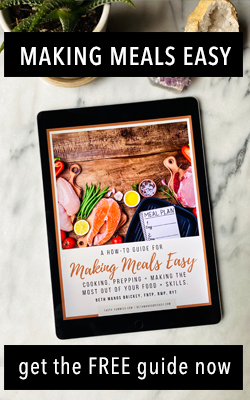
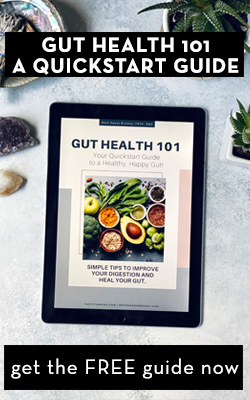
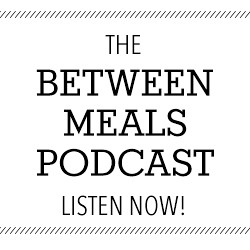

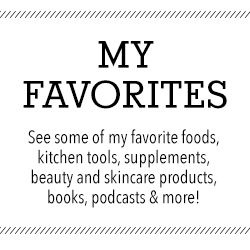

2 Responses
Thankfully I have great eyes, or so I am told by the last optometrist that I visited.
Great tips ~ really handy to know!
Great content and thanks for this information